GTI Faculty and Librarians
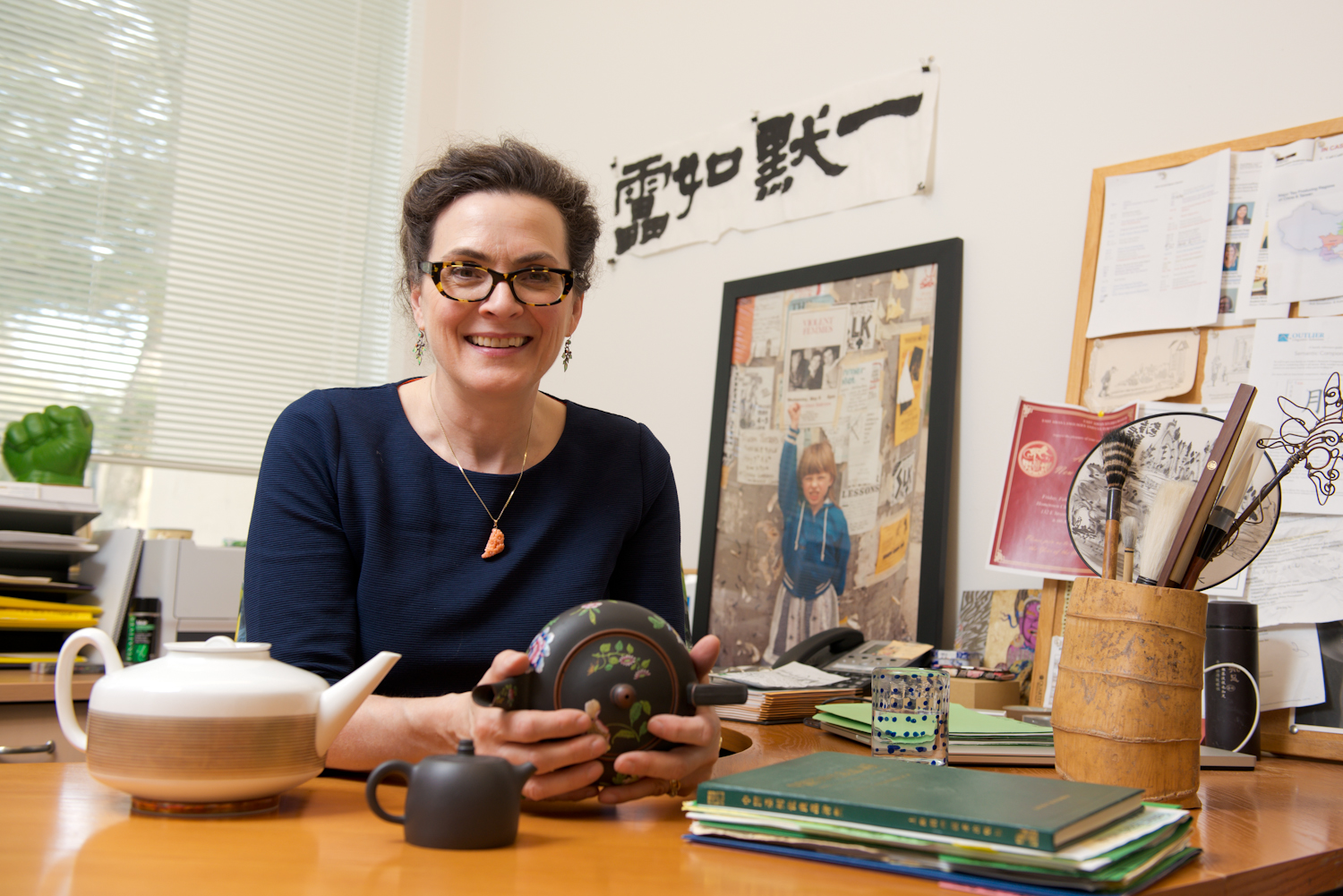
Katharine Burnett, Ph.D.
Founding Director, Global Tea Initiative
Professor
Art History, East Asian Studies
kpburnett@ucdavis.edu
Professor Burnett's curiosity about the sudden reduction in size of Yixing-ware teapots during the late Ming, and the relationship this has to the period discourse of originality in 17th-century China prompted her to seek others across campus who might also be interested in studying tea-related issues, which in turn led to the founding of UC Davis’s Global Tea Initiative for the Study of Tea Culture and Science. Professor Burnett has expanded her research to investigate the relationship between China and its Southeast Asian neighbors between 1300–1700, when brewed tea became the norm. This fascinating border-crossing project is leading to many new insights about the history of tea and how culture is formed.

Douglas Adams, Ph.D.
Professor Emeritus
Viticulture and Enology
doadams@ucdavis.edu
Professor Adams tea studies include, what happens to plants after harvest, their chemical biological conditions post-harvest.

Axel Borg, Ph.D.
Librarian
Biological Agriculture
aeborg@ucdavis.edu
Retired Librarian Axel Borg has a Ph.D. and master’s in South Asian studies from UC Berkeley, and a bachelor’s in English literature from UC Berkeley.
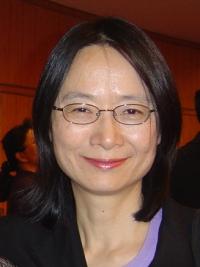
Xiaomei Chen, Ph.D.
Professor
East Asian Languages and Culture: Chinese
xmchen@ucdavis.edu
Professor Chen's focuses on the global circulation of Teahouse, one of the most famous dramas in 20th-century China. Cultural artifice and cross-cultural fascination with tea, teahouses, and their representative theater is part of her book project on a cultural history of modern Chinese drama. Working with colleagues on a collaborative project on tea culture will provide her with an interdisciplinary environment for writing and research. Professor Chen hopes to bring Beijing People’s Art Theater to campus to perform Teahouse here.

Jeff Dahlberg, Ph.D.
Center Director
Kearney Agricultural Research & Extension (KARE)
jadahlberg@ucanr.edu
Professor Dahlberg is the Director of the Kearney Agricultural Research & Extension Center and he specializes in Plant Breeding and Genetics.

Susan Ebeler, Ph.D.
Professor
Viticulture & Enology
seebeler@ucdavis.edu
Professor Ebeler's research focuses on the development and application of analytical chemistry techniques to study wine flavor chemistry, understanding physico-chemical interactions of flavors with nonvolatile wine components, and the elucidation of chemical mechanisms for observed health effects of wine and wine components. She is eager to transfer this expertise to tea studies.
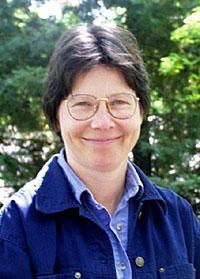
Lynn Epstein, Ph.D.
Professor
Plant Pathology; Plant Breeder
lepstein@ucdavis.edu
Professor Epstein is interested in the control of plant pathogenic fungi in sustainable agricultural ecosystems, and inbreeding, selection and identification of disease resistance. She currently primarily works on Fusarium oxysporum and will bring this expertise to bear on tea.

Erik Fausak
Librarian
UCD Carlson Vet Library
edfausak@ucdavis.edu
Librarian Fausak is a librarian at Carlson Health Sciences Library (Veterinary focus) and is happy to help researchers identify medical literature in studies regarding tea. Erik Fausak's background in Anthropology (MA Hunter College, CUNY) gives him a deep appreciation of the ritual of tea and essentially, a good cup of tea.

Jacquelyn Gervay-Hague, Ph.D.
Professor
Chemistry
Jgervayhague@ucdavis.edu
Professor Gervay-Hague's research with camellia sinensis is focused on understanding the global exchange of glycolipids between plant and animal kingdoms and their associated microbiota. Bacterial-derived steryl glycosides modulate the immune system and are also implicated in neurobiology. Understanding the exchange of these compounds between microbe and man may lead to novel molecular design in medicine and foods for health.
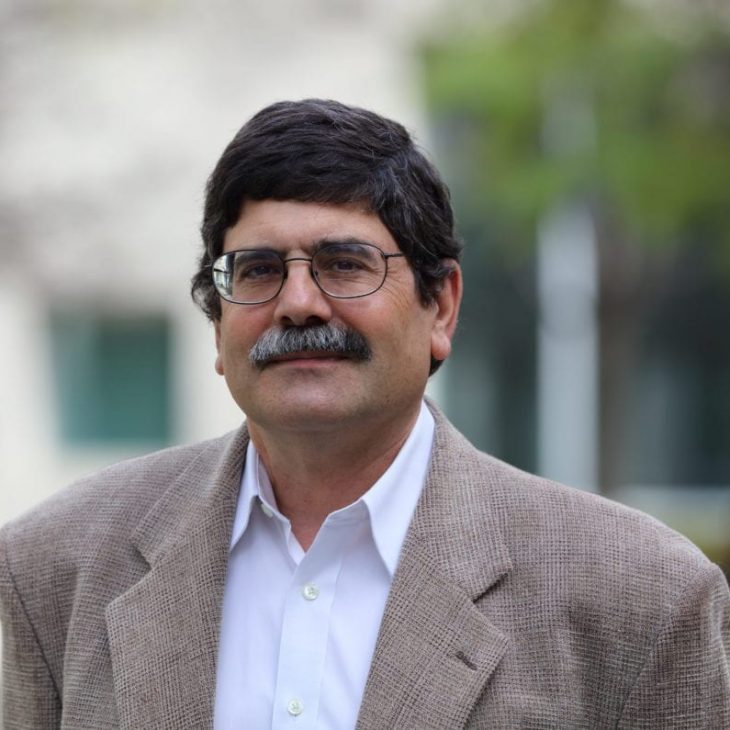
Daniel Goldstein, Ph.D.
Librarian
Department Researcher Services, University Library
dgoldstein@ucdavis.edu
Librarian and historian, Daniel Goldstein actively seeks out and acquires books, journals, and databases to support tea-related research in the disciplines of the arts, humanities, and social sciences and in all relevant languages. He also conducts library-related research to assist scholars working in these fields.

Louis Grivetti, Ph.D.
Professor Emeritus
Nutrition
legrivetti@ucdavis.edu
Professor Grivetti's tea-related interests are reflected in three themes: 1) medicinal uses of tea through the centuries, 2) tracing the introduction and uses during the colonial period in North America, and 4) tea festivals in different countries.

Jean-Xavier Guinard, Ph.D.
Professor and Sensory Scientist
Food Science and Technology
jxguinard@ucdavis.edu
Professor Guinard is a sensory scientist and consumer researcher. Jean-Xavier Guinard's research focuses on the sensory properties of foods and beverages, how humans perceive them, and how they affect food choice and food intake, and consumer behavior.

David Gundry, Ph.D.
Associate Professor
East Asian Languages and Culture: Japanese
djgundry@ucdavis.edu
Associate Professor Gundry's research focuses on the stylistically brilliant and delightfully sensationalistic fiction of the 17th-century Japanese writer of stories, novels and poetry Ihara Saikaku. Associate Professor Gundry's publications include "Hierarchy, Hubris, and Parody in the Fiction of Ihara Saikaku (forthcoming in The Journal of Japanese Studies) and "Samurai Lovers, 'Samurai Beasts': Warriors and Commoners in Ihara Saikaku's Way of the Warrior Tales" (Japanese Studies, Volume 35, Issue 2, 2015, pp. 153-68). He recently completed a book on Ihara Saikaku's fiction and is currently working on a translation of the samurai vendetta stories in Saikaku's Budō denraiki (Exemplary Tales of the Way of the Warrior, 1687).

Robert Hackman, Ph.D.
Research Nutritionist
Department of Nutrition
rmhackman@ucdavis.edu
Professor Robert Hackman studies the nutritional value of tea and other foods and beverages related to cardiovascular health. Tea made from Camellia sinensis contains polyphenolic compounds similar to those found in cocoa, red wine and certain berries and fruits which are known to help improve vascular function. The growing and processing of tea can create unique polyphenols that may provide protection to the vascular system, though studies regarding the health benefits, and mechanism(s) of action are limited.
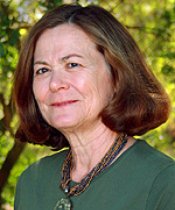
Shermain Hardesty, Ph.D.
Extension Economist Emerita
Agricultural & Resource Economics and UCCE Small Farm Program
shermain@primal.ucdavis.edu
Professor Emeritus Hardesty studied values-based food supply chains, value-added foods, agritourism, food safety compliance costs, cooperatives, and identifying marketing and specialty crop opportunities for smaller-scale farmers.

Hildegarde Heymann, Ph.D.
Professor
Viticulture and Enology
hheymann@ucdavis.edu
Professor Heymann works on sensory descriptive analyses of alcoholic beverages such as wine, spirits and beer. Professor Heymann will bring this expertise to tea.
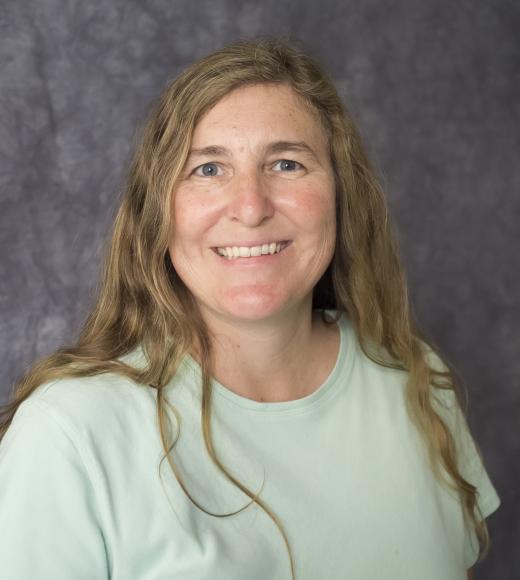
Roberta R. Holt, Ph.D.
Assistant Project Scientist, Nutrition
Department of Nutrition
rrholt@ucdavis.edu
Professor Holt’s research interests include the role of diet on cardiometabolic health, with a focus on the effects of dietary components from whole foods on metabolism and physiologic response.

Susan Kaiser, Ph.D.
Professor of Women and Gender Studies
Master Adviser, Textiles and Clothing
HArCS, Women and Gender Studies
sbkaiser@ad3.ucdavis.edu
Professor Kaiser's research focuses on themes of place and space, with a particular interest in neglected sites of fashion interest such as small cities and towns and rural areas and their interplay with intersecting identities regarding gender, sexuality, ethnicity, age, social class, and national identity.

Carl Keen, Ph.D.
Professor
Nutrition in Internal Medicine
clkeen@ucdavis.edu
Professor Keen’s research is focused in two areas; the influence of maternal diet on the risk for pregnancy complications, and the influence of diet on the risk for select chronic diseases including vascular disease. Professor Keen is eager to bring his expertise to the study of the effects of tea on the vascular system.
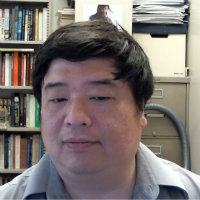
Kyu Hyun Kim, Ph.D.
Associate Professor
History: Japan and Korea
kyukim@ucdavis.edu
Associate Professor Kyu Hyun Kim is currently working on his second book manuscript Treasonous Patriots: War Mobilization, Colonial Modernity and the Problem of Identity in the Late Colonial Korea. Associate Professor Kim's interest in tea concerns the rise of health food consumption and related industries in relation to the recovery of "Eastern culture" in contemporary Korea.

Johan Leveau, Ph.D.
Professor
Plant Pathology
jleveau@ucdavis.edu
Research Description coming soon
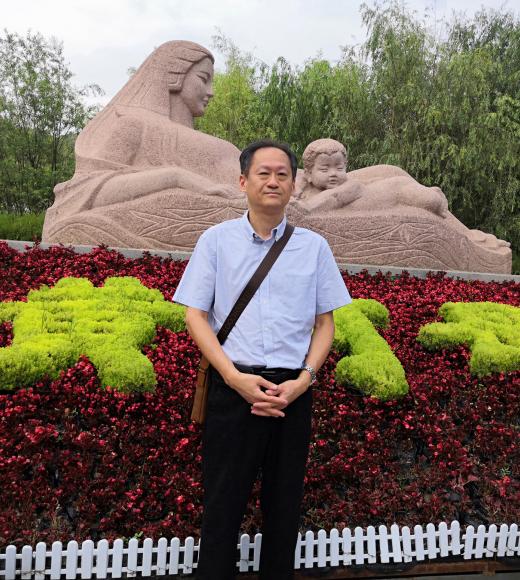
Sheldon Lu, Ph.D.
Professor
Comparative Literature
shlu@ucdavis.edu
Professor Sheldon Lu taught at the University of Pittsburgh for ten years before joining the University of California at Davis in 2002 as Professor of Comparative Literature. Professor Lu's research, scholarship, and teaching lie at the intersection of literary studies, visual studies, film studies, China studies, and cultural theory. He is the author and editor of a dozen books in English and Chinese.

Maria L. Marco, Ph.D.
Professor
Food Science and Technology
mmarco@ucdavis.edu
Professor Marco is investigating the microorganisms in foods and intestinal ecosystems. Her research emphasizes lactic acid bacteria and the contributions of these bacteria to the production of fermented foods and beverages and to human health and well-being. Dr. Marco and her team use approaches in systems biology, genetics, and ecology to study the common and unique properties of individual strains as well as the functional capacities of food and gut microbiomes.

Mark Matthews, Ph.D.
Professor
Viticulture & Enology
mamatthews@ucdavis.edu
Professor Matthews is an environmental plant biologist interested in understanding how plants interact with the physico-chemical environment, particularly with respect to water. Dr. Matthews' long-term objective is to contribute to the improved use of limited resources, especially water, in crop production by identifying and modifying the physiological mechanisms by which plants respond to limited resource availability. On the fundamental side, his investigations center around water transport, cell expansion, and gas exchange. On the practical side, he focuses on improving the ability to identify and regulate vine water and nutrient status, as well as cataloging the consequences of resource limitations for the growth and development of grapevines. Professor Matthews is committed to working with the grapevine as an experimental system, and his research is largely directed toward creating knowledge that will allow viticulturists to improve water and nutrient use by better understanding the water and nutrient statuses of the vineyard and their consequences for yield and quality.

Bettina Ng’weno, Ph.D.
Associate Professor
African American and African Studies
bngweno@ucdavis.edu
Associate Professor Ng'weno's research topics are the African Diaspora, space, property, and citizenship. She is running a Mellon Research Initiative with Smriti Srinivas called "Reimagining Indian Ocean Worlds." They have an ongoing blog project about how people drink tea across the Indian Ocean region.
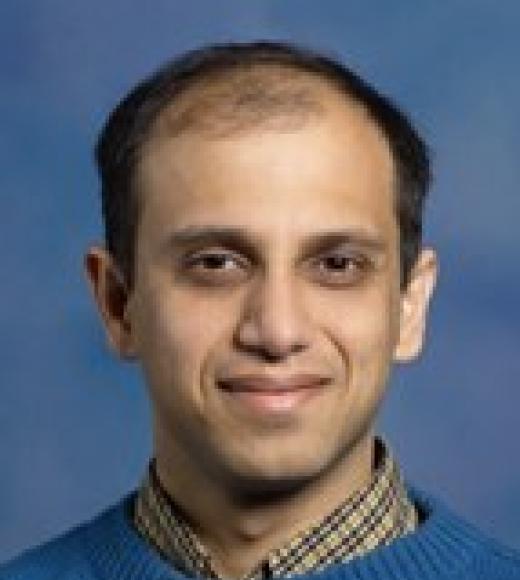
Niten Niten, Ph.D.
Professor & Engineer
Food Science and Technology
nnitin@ucdavis.edu
Professor Nitin is interested in using a combination of interdisciplinary approaches encompassing biomolecular engineering, mathematical modeling, material science, and molecular imaging to study the following key research areas. The research interests of the laboratory can be broadly classified into two main categories: Food Engineering Research and Biological/Biomedical Engineering Research.

Dan Parfitt, Ph.D.
Pomologist
Plant Sciences
deparfitt@ucdavis.edu
Professor Emeritus, Dan Parfitt has been breeding tree crops (Pistachio) and conducting genetic research on temperate fruit and nut trees for 35 years. He has a special interest in perennial crop germplasm and new perennial crops for California (e.g. Tea).

Robert Rucker, Ph.D.
Professor Emeritus
Nutrition & Environmental Toxicology
rbrucker@ucdavis.edu
Professor Emeritus Robert Rucker's work currently focuses on bioactive factors in foods. In particular, his group has made a number of seminal observations related to the function of pyrroloquinoline quinone (PQQ). PQQ has many of the characteristics of resveratrol, one of the cardioprotective substances in red wine and chocolate, although with a potency that is 100 to 400-fold greater than resveratrol. Tea is a good source of PQQ, which may contribute to some of its putative cardioprotective attributes.

Charles Shoemaker, Ph.D.
Professor
Emeritus - Food Science & Technology
cfshoemaker@ucdavis.edu
Professor Emeritus Charles Shoemaker is interested in the chemistry which occurs during the processing of different types of tea, such as green, oolong, white, and red teas.

Sharon Shoemaker, Ph.D.
Executive Director
California Institute of Food and Agricultural Research, Food Science and Technology
spshoemaker@ucdavis.edu
Executive Director Shoemaker is the author of several patents on novel yeast strains to convert biomass-to-ethanol and novel bacterial strains to produce new forms of cellulose. She is currently researching the application of cellulases in biomass conversion (e.g. rice straw, wood, missed waste paper), the integration of various unit operations in biomass conversion processes (membrane filtration, enzymes) and the development of new analytical methods for quantifying specific cellulose activities.
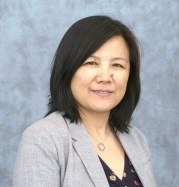
Xiaoling Shu, Ph.D.
Professor
Sociology
xshu@ucdavis.edu
Professor Xiaoling Shu's research on "Tea or Coffee? Globalization and Changes in Beverage Consumption in China" analyzes changes in Chinese people's food and drink habits and lifestyles in the wake of vast expansion of global food and beverage chains such as Starbucks, McDonalds, KFCs, and Pizza Huts in China.

Adam Siegel
Assistant Librarian
Library Humanities/Social Science
apsiegel@lib.ucdavis.edu
Librarian, Adam Siegel prepares a comprehensive bibliography of early and significant publications on the science and culture of tea from antiquity to the present.
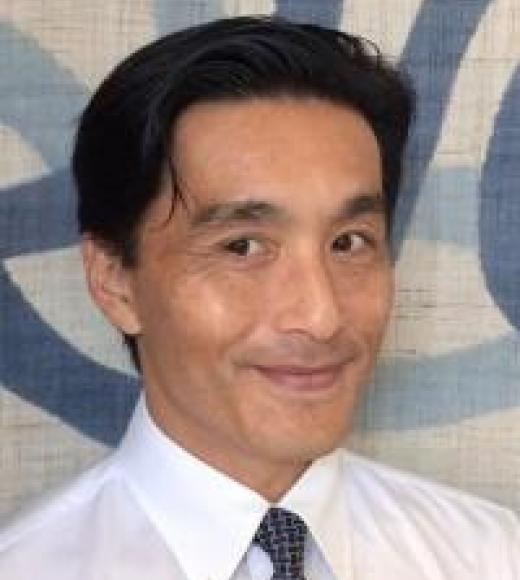
Joseph Sorensen, Ph.D.
Associate Professor
East Asian Languages and Culture: Japanese
jsorensen@ucdavis.edu
Associate Professor Joseph Sorensen's research focus is primarily classical and medieval Japanese poetry and poetics. Associate Professor Sorensen has a standing interest in the related arts of flower arrangement (ikebana) and the tea ceremony (chanoyu). He is a member of the board of directors for the International Society of Ikebana Studies, and annually takes his students to participate in tea lessons as part of his Quarter Abroad program in Kyoto, Japan.

Smriti Srinivas, Ph.D.
Anthropology
Anthropology Department
ssrinivas@ucdavis.edu
Professor Smriti Srinivas's research interests include the cities, body, social memory, religion, and the Indian Ocean. She is running a Mellon Research Initiative with Bettina Ng'weno called "Reimagining Indian Ocean Worlds." They have an ongoing blog project about how people drink tea across the Indian Ocean region.

Carl Stahmer
Director of Digital Scholarship
Library of the University of California, Davis
Research Description coming soon

Leah Theis
Visual Resources Facility Library Manager
Visual Resources Facility
lctheis@ucdavis.edu
Librarian Leah Theis is a visual resources librarian for the Department of Art and Art History. Together with Lisa Zdybel, she provides image collection development and management, support, training and outreach for Department faculty, students and staff.
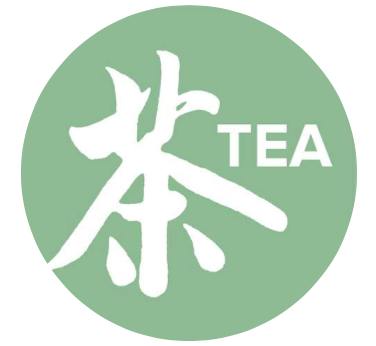
David M. Tricoli, Ph.D.
Director
Plant Transformation Lab
dmtricoli@ucdavis.edu
Research Description coming soon
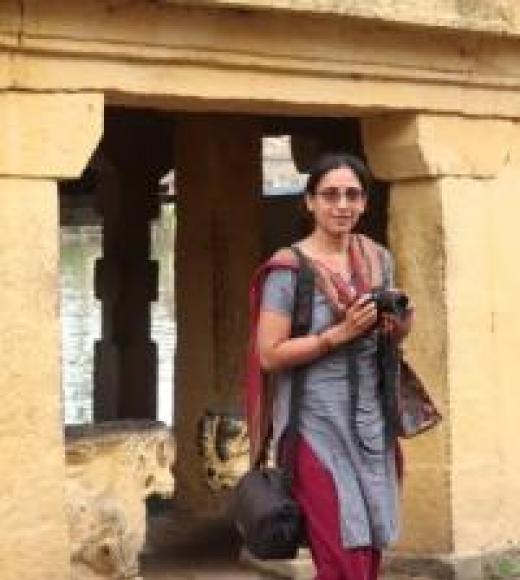
Archana Venkatesan, Ph.D.
Associate Professor
Religious Studies
avenkatesan@ucdavis.edu
Associate Professor Venkatesan is a scholar of South Asian literature and culture with an emphasis on Tamil medieval literature, as evidenced in her books The Secret Garland and A Hundred Measures of Time, comprising translations and extensive supporting material. The former volume earned praise for making the Tamil works accessible to the lay reader and inviting fresh interpretations.
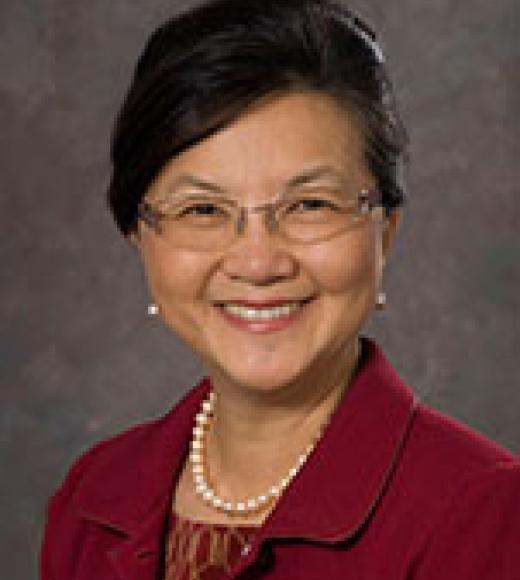
Yu-Jui Yvonne Wan, Ph.D.
Professor and Vice Chair
Pathology and Laboratory Medicine
yjywan@ucdavis.edu
Professor Wan research research indicates gut microbiota has a significant role in regulating our health. Dr. Wan is examining the role of food-derived products' effects on gut microbiota that in turn influence metabolism, insulin sensitivity, the immune system, and cancer prevention. Dr. Wan will examine the role of polyphenols in tea on gut microbiota. This project will generate novel information to demonstrate the beneficial effects of tea.

Bill R. Werner, Ph.D.
Greenhouse Manager
College of Agricultural and Environmental Sciences
wrwerner@ucdavis.edu
Bill Werner is responsible for oversight of controlled environmental facilities at Environmental Horticulture and South Campus greenhouse complexes. He advises and assists faculty, staff, and students on the design and implementation of research and class projects. He is experienced in propagation and growing of tea and clonal stock plant establishment.

Lisa Zdybel
Library Assistant
Visual Resources Facility
lazdybel@ucdavis.edu
Library Assistant, Lisa Zdybel is a visual resources librarian for the Department of Art and Art History. Together with Leah Theis, she provides image collection development and management, support, training and outreach for Department faculty, students and staff.
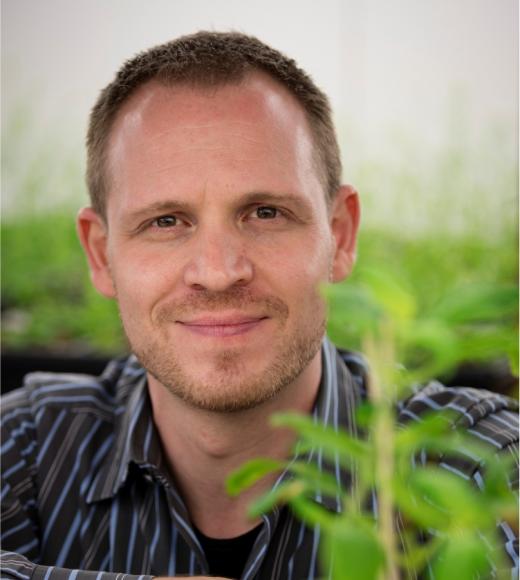
Philipp Zerbe, Ph.D.
Assistant Professor
Department of Plant Biology
pzerbe@ucdavis.edu
Assistant Professor Zerbe's group combines omics and biochemical approaches to investigate the biosynthesis, evolution, and biological function of plant natural products in the context of crop environmental adaptation, and apply these resources toward developing new strategies for improving crop traits. We are excited to apply these approaches to better understand how natural products contribute to crop health and flavor quality in tea.
